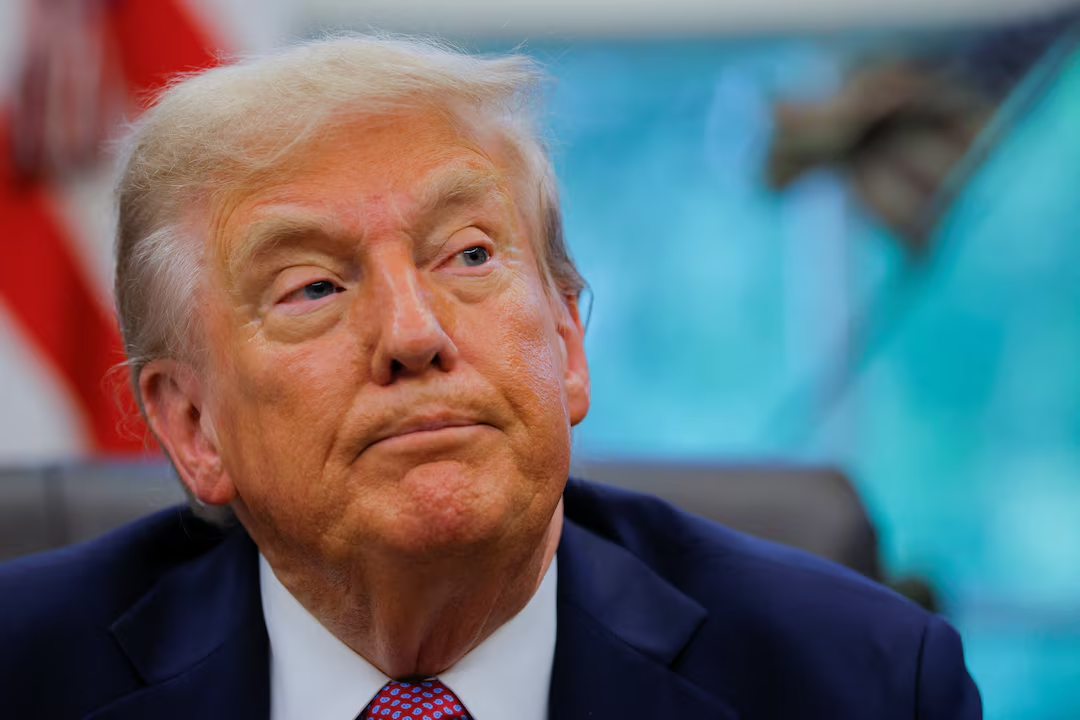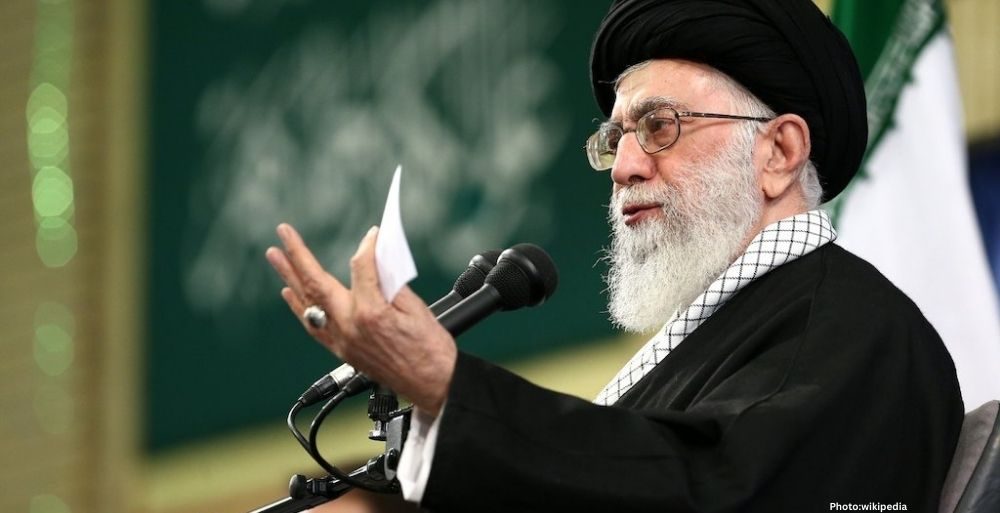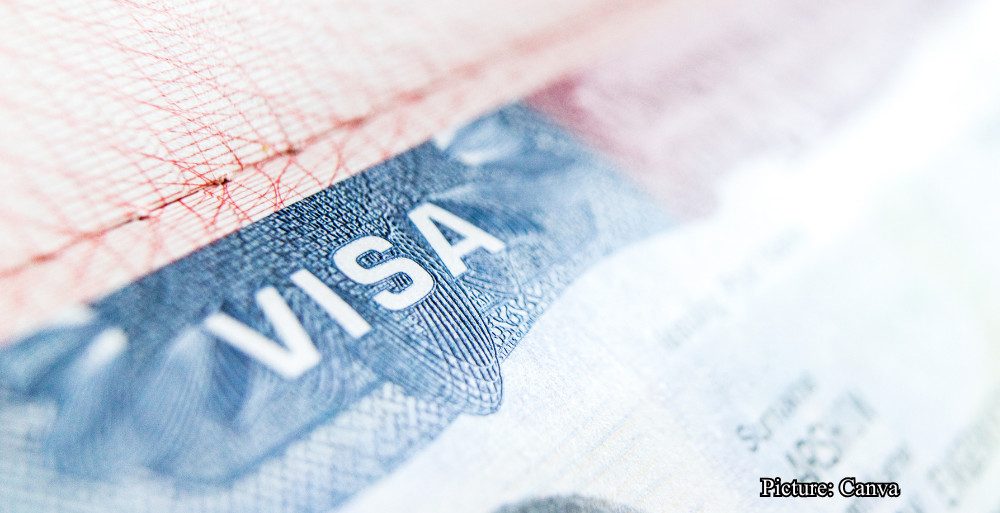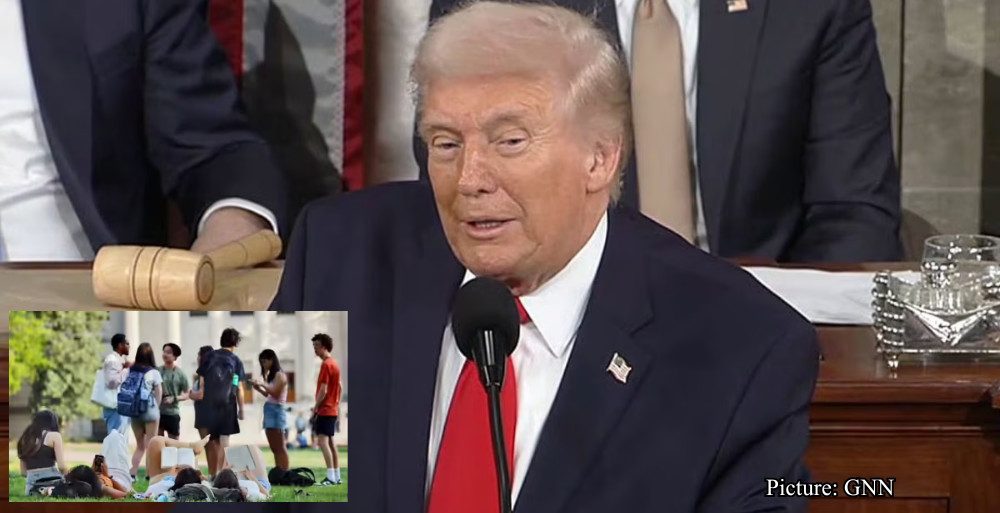Several top U.S. universities—among them Stanford, University of Michigan, University of Maryland, and University of Pennsylvania—could face serious recruitment challenges following the introduction of a steep $100,000 fee on new H-1B visa petitions. These institutions frequently depend on global talent to staff key academic and research roles, especially in STEM and other specialized fields.
Under the new policy, any new H-1B application filed after a designated date would incur the $100,000 surcharge. For universities that regularly onboard dozens or more international faculty members annually, this adds a prohibitive financial burden. Already, many campuses are navigating tighter budgets and plateauing research funding, making this policy shift particularly disruptive.
The impact is likely to be most severe in specialized academic sectors where suitable domestic replacements are scarce. Some professors and administrators warn that research productivity, innovation output, and the ability to sustain world-class programs could suffer as institutions may reconsider or scale back international hiring.
Moreover, the long lead times of academic hiring—searches, vetting, onboarding—mean that any chilling effect on recruitment could ripple for years. The policy may also discourage early-career scholars from considering U.S. academia altogether, shifting talent to more welcoming environments abroad.
While the fee does not apply to existing visa holders or renewals, the prospect of steep new costs for fresh hires has already raised concerns across higher education about whether U.S. institutions can remain competitive in the global academic marketplace.















